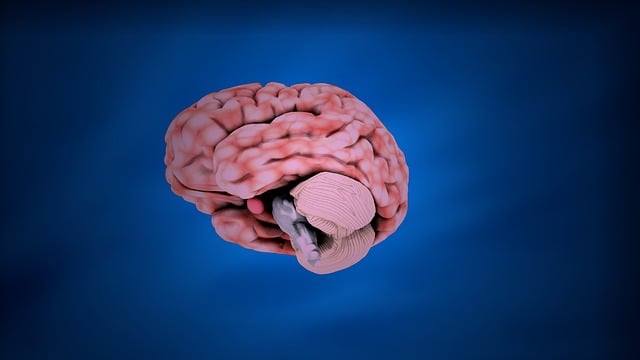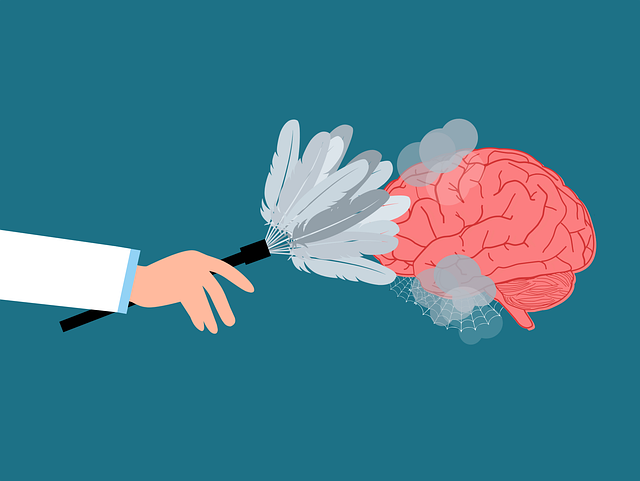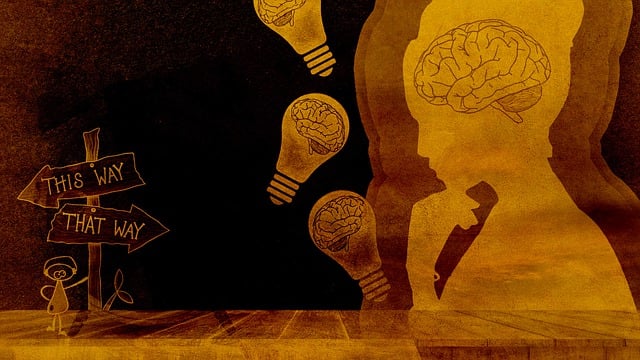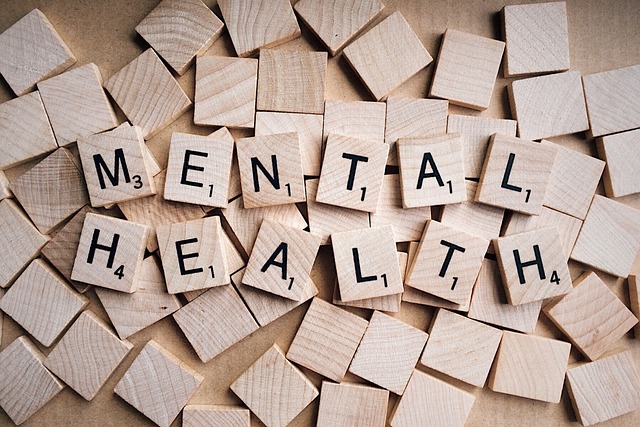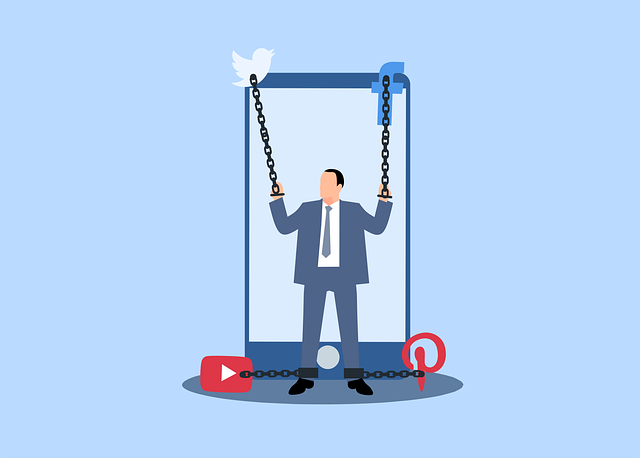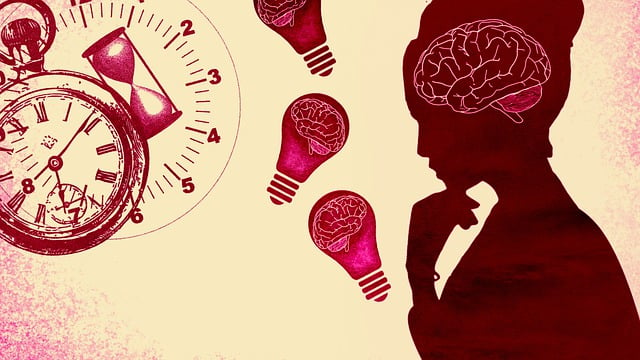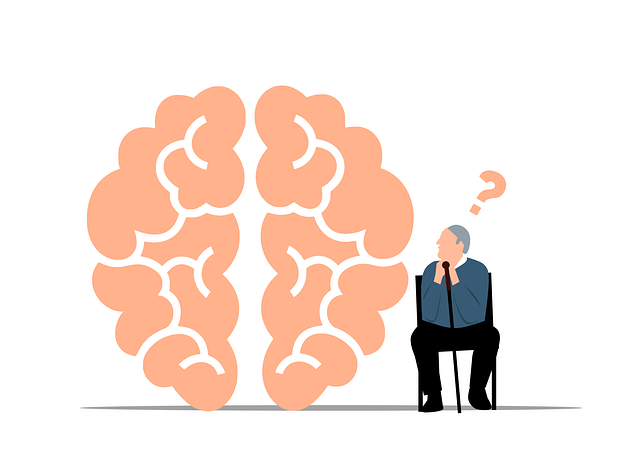Mental health stigma, particularly around Superior Obsessive Compulsive Disorder (OCD), is a significant barrier to treatment access, leading to exacerbated symptoms and decreased quality of life. Overcoming this challenge requires raising mental health awareness through education and open dialogue. Key strategies include comprehensive educational programs targeting schools, workplaces, and community centers, as well as healthcare professionals using non-judgmental language and emotional intelligence techniques. Community engagement through campaigns, workshops, and support groups demystifies mental health issues, promotes early intervention, and encourages individuals to seek Superior OCD therapy without fear. Ultimately, these efforts drive policy changes, enhancing access to care and creating a supportive culture for recovery.
Mental illness stigma remains a significant barrier to effective treatment, yet reduction efforts are gaining momentum. This article explores key strategies to combat stigma, focusing on OCD as a case study for superior disorder therapy. We delve into understanding stigma’s profound impact on mental health-care seeking and access. Through education, dispel common misconceptions surrounding OCD. Discover effective communication tactics for healthcare professionals. Explore community engagement and advocacy as powerful tools for fostering recovery and reducing stigma.
- Understanding Stigma and Its Impact on Mental Health Treatment
- Focus on Education: Dispelling Misconceptions about OCD
- Effective Communication Strategies for Healthcare Professionals
- Supporting Recovery: Community Engagement and Advocacy
Understanding Stigma and Its Impact on Mental Health Treatment

Stigma surrounding mental illness can have profound effects on individuals seeking treatment. It often creates a barrier to entry for those struggling with conditions like Superior Obsessive Compulsive Disorder (OCD), leading to delays in care and, in some cases, avoidance of treatment altogether. The impact is significant; unaddressed stigma can result in increased anxiety, social isolation, and a diminished quality of life.
Reducing the stigma involves raising mental health awareness and fostering understanding. Educating communities about various mental health conditions, including OCD, empowers people to recognize symptoms and seek help without fear of judgment. Encouraging open conversations about mental illness promotes positive thinking and coping skills development, enabling individuals to manage their well-being more effectively. By breaking down these barriers, we can ensure that those in need receive the necessary support and treatment, ultimately improving mental health outcomes.
Focus on Education: Dispelling Misconceptions about OCD

One significant aspect of stigma reduction efforts revolves around education and raising awareness about specific mental health conditions, such as Superior Obsessive Compulsive Disorder (OCD). OCD is often misunderstood, leading to misconceptions and further isolation for those affected. By implementing comprehensive educational programs, we can dispel these myths and foster a more empathetic society. These initiatives should target schools, workplaces, and community centers to ensure widespread reach.
Teaching about OCD can include discussions on the symptoms, causes, and most importantly, the effectiveness of various therapy approaches like Compassion Cultivation Practices. Equipping individuals with knowledge about this disorder empowers them to recognize signs in themselves or others, encouraging early intervention and improved mental wellness. Moreover, it paves the way for open conversations, helping people develop coping skills and break free from limiting beliefs, ultimately leading to a more supportive environment for those living with OCD.
Effective Communication Strategies for Healthcare Professionals

Healthcare professionals play a pivotal role in reducing stigma surrounding mental illness. One of the most effective communication strategies is to use non-judgmental language that normalizes conversations about mental health. Instead of focusing on labels or pathologizing symptoms, providers can describe experiences and behaviors, promoting understanding and empathy from patients. Educating patients about specific conditions, such as Superior Obsessive Compulsive Disorder (SCD), helps demystify diagnoses, reducing fear and misunderstanding.
Embracing emotional intelligence and regulation techniques empowers healthcare workers to connect with patients on a deeper level. This includes practicing active listening, validating patient feelings, and offering strategies for coping with stress and burnout prevention. By incorporating these approaches into clinical interactions, professionals can foster an environment of trust, encouraging individuals to seek help without fear of stigma or discrimination.
Supporting Recovery: Community Engagement and Advocacy

Community engagement plays a pivotal role in reducing the stigma surrounding mental illness and fostering a supportive environment for recovery. By actively involving individuals from diverse backgrounds, we can create a network of understanding and empathy. This process includes organizing awareness campaigns, workshops, and support groups that provide education about various mental health conditions, such as Superior Obsessive Compulsive Disorder (OCD). These initiatives help demystify disorders, promote early intervention, and encourage people to seek appropriate therapy, like superior OCD therapy, without fear of judgment.
Advocacy efforts at the community level can lead to significant changes in policy and practice, ensuring better access to mental health services. Through collaborative partnerships with local organizations, schools, and faith-based groups, we can design comprehensive Mental Health Education Programs that target not only depression prevention but also self-esteem improvement and overall resilience building. Engaging communities in these efforts creates a culture where mental wellness is prioritized, and recovery becomes a shared goal.
Mental illness stigma, particularly around conditions like OCD, significantly hinders access to effective therapy. However, through targeted education initiatives, evidence-based communication strategies, and community engagement, we can foster a more inclusive environment. By breaking down misconceptions and advocating for mental health awareness, we enable individuals to seek superior OCD therapy without the barriers of stigma. Ultimately, reducing stigma is crucial for ensuring everyone receives the support they need for their mental well-being.

